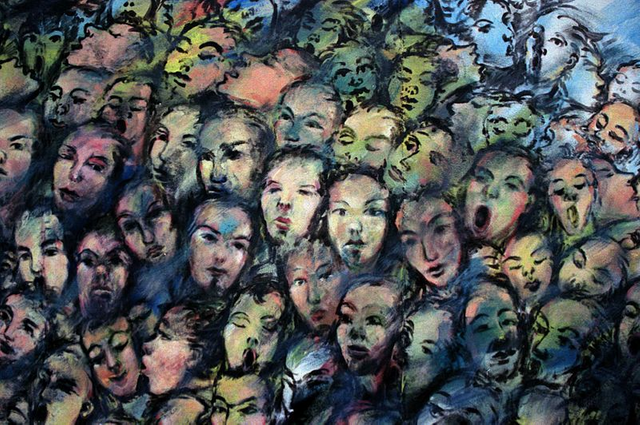Understanding The Perspective Of A Mental Patient's Caretaker

Taking care of a mentally ill patient can be a challenging task. It would be more challenging if the patient that you are currently taking care of is one of our family members. All of the memories which originated from which they were mentally healthy will kept on playing inside of your mind, and when you’re trying to compare the “past” them and the “present” them, it could lead to depression. In addition to that, they have to deal with the stigma imposed by the society towards the patient with mental illness and sometimes their family.
Yesterday, I had the opportunity to interview one of the struggling carers which have been taking care her mother for the past ten years who suffers from Parkinson associated with depression and psychotic symptoms. Her mother was diagnosed with Parkinson in 2009, and she started to assume abnormal behaviour for the past seven years. No, I’m not talking about the sign and symptoms that have been shown by the patient who has been diagnosed with Parkinson. She often screams seven times per day in which she thought someone was coming to kill her. It’s a type of delusion which steered her into madness, but due to her disease, she couldn’t mobilise quite efficiently like an ordinary people so that factor could cause her depression. Imagine, if you’re thinking someone is coming to kill you, but you can’t outrun them!

The patient was taken care of by her 3rd child who lives in Pandan Jaya. She was visited by her 2nd daughter on a daily basis, and both of these children are retirees. Every single night, they have to deal with the patient’s abnormal behaviour of screaming and crying believing herself going to be killed by an unknown entity which she couldn’t describe. However difficult the situation is, the patient’s daughter remains vigilant. She doesn’t work anymore so she can take care of her full time. She used some of her retirement money to pay for her mother medical bills, and some of the expensive medications were sponsored by Kebajikan.
During the first years of the screaming symptom started to appear, the third child was often disturbed out of her peaceful sleep. It was stressful; she had to wake up, console her mother and prepare some medications for the mother to take. This occasion occurred almost every night. The patient often screams when the clock hits 2 in the morning, and during the first year, the carer suffers from lack of sleep. However, after the administration of the right antipsychotics, the screaming event has been declining which make it better for the carer to manage her life and function in the society.

It was tragic but something that you can’t run away from. The thought of abandoning a family member in need used to pass on the carer’s mind, but as it turns out, it is pretty much challenging to ignore her responsibilities as a daughter when her mother needs her. It’s a noble gesture that should be praised, and as the condition has gotten much better, the carer was grateful, and every effort that she spent on taking care of her mother were paid off.


I loved going through the post. It is really informative. The caretaker must be going through a lot.
Thank you for your feedback. The caretaker indeed went through a lot.
You’ve been upvoted by TeamMalaysia community. Do checkout other posts made by other TeamMalaysia authors at http://steemit.com/created/teammalaysia
To support the growth of TeamMalaysia Follow our upvotes by using steemauto.com and follow trail of @myach
Vote TeamMalaysia witness bitrocker2020 using this link vote for witness